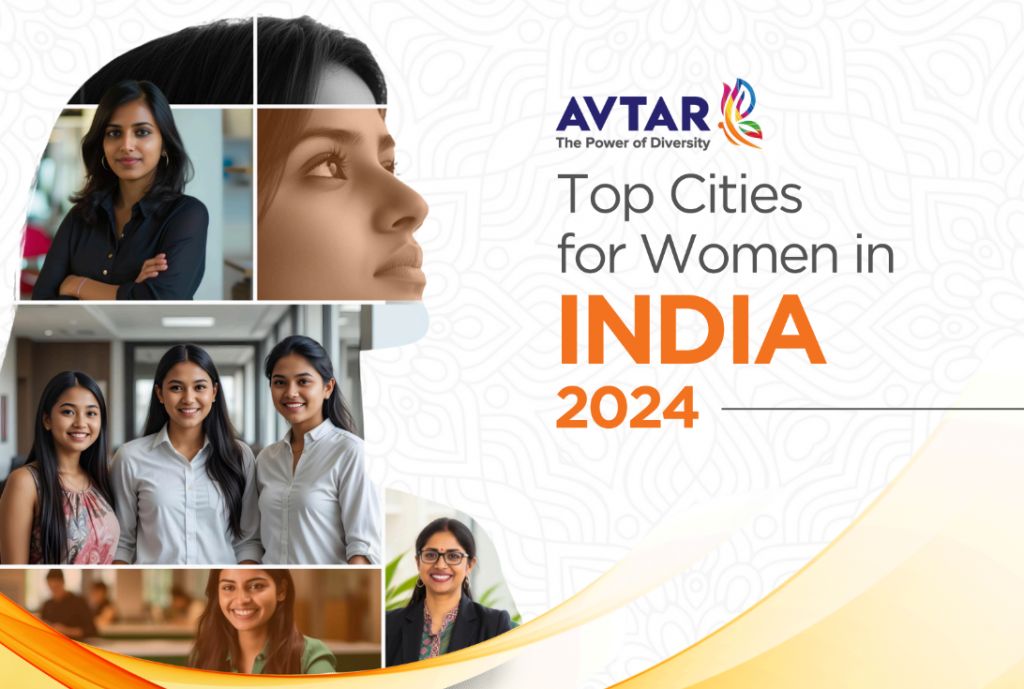
Avtar Group, India’s pioneer in Diversity, Equity and Inclusion (DEI) solutions and a leading workplace culture consulting firm, announced the third edition of the ‘Top Cities for Women in India (TCWI)’ index recently. Pune, the cultural capital of Maharashtra and the second-largest city in the state, ranked among the top five Indian cities for being the most inclusive, safe, resilient and sustainable for working women in India. Ranked fifth, the city scored high on efficient governance and a high quality of life for working women.
Speaking at the press conference, Dr Saundarya Rajesh, Founder-President of Avtar Group, said, “Cities are the foundations of opportunity. They shape how women live, work and thrive. So, a clear understanding of the core principles and cultural fabric of our cities is crucial for advancing women’s progress and inclusion. Avtar’s annual index, ‘Top Cities for Women in India,’ does precisely that using a data-centric and evidence-based approach. To realise our dream of a Viksit Bharat by 2047, we need Indian women professionals to succeed on par with men. This is possible only if cities are truly gender-inclusive and offer an atmosphere where women’s strengths can be optimised. This means not only providing safe streets, accessible healthcare & education, and affordable living for women—which are largely reparative measures—but also creating competitive avenues for women’s economic success and opportunities for them to thrive as business leaders. Let’s invest in women-led projects and optimise women’s lives and careers.”
The TCWI index identifies role model cities and best practices, providing a framework for organisations, policymakers and individuals to promote well-rounded development in our cities—a key driver of women’s progress nationwide. The index was compiled by integrating various data sources, including the Centre for Monitoring the Indian Economy (CMIE), the World Bank, crime records, and the Periodic Labour Force Survey, along with Avtar’s primary research. This research included focus group discussions (FGDs) and a nationwide survey conducted between February 2024 and November 2024, with the participation of 1,672 women from 60 cities.